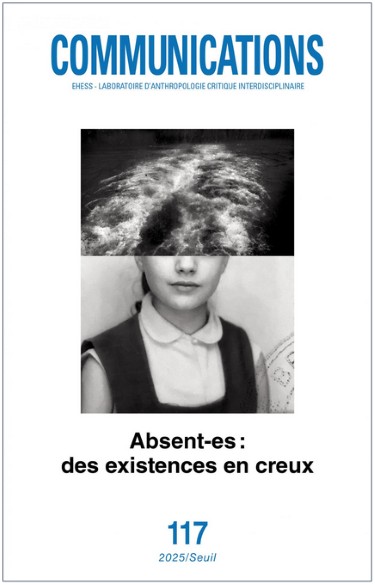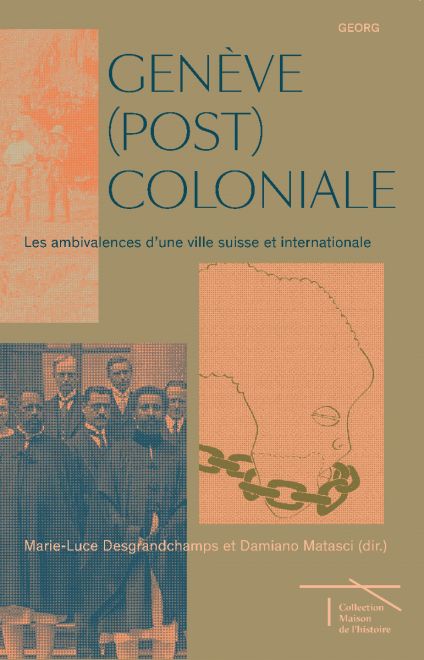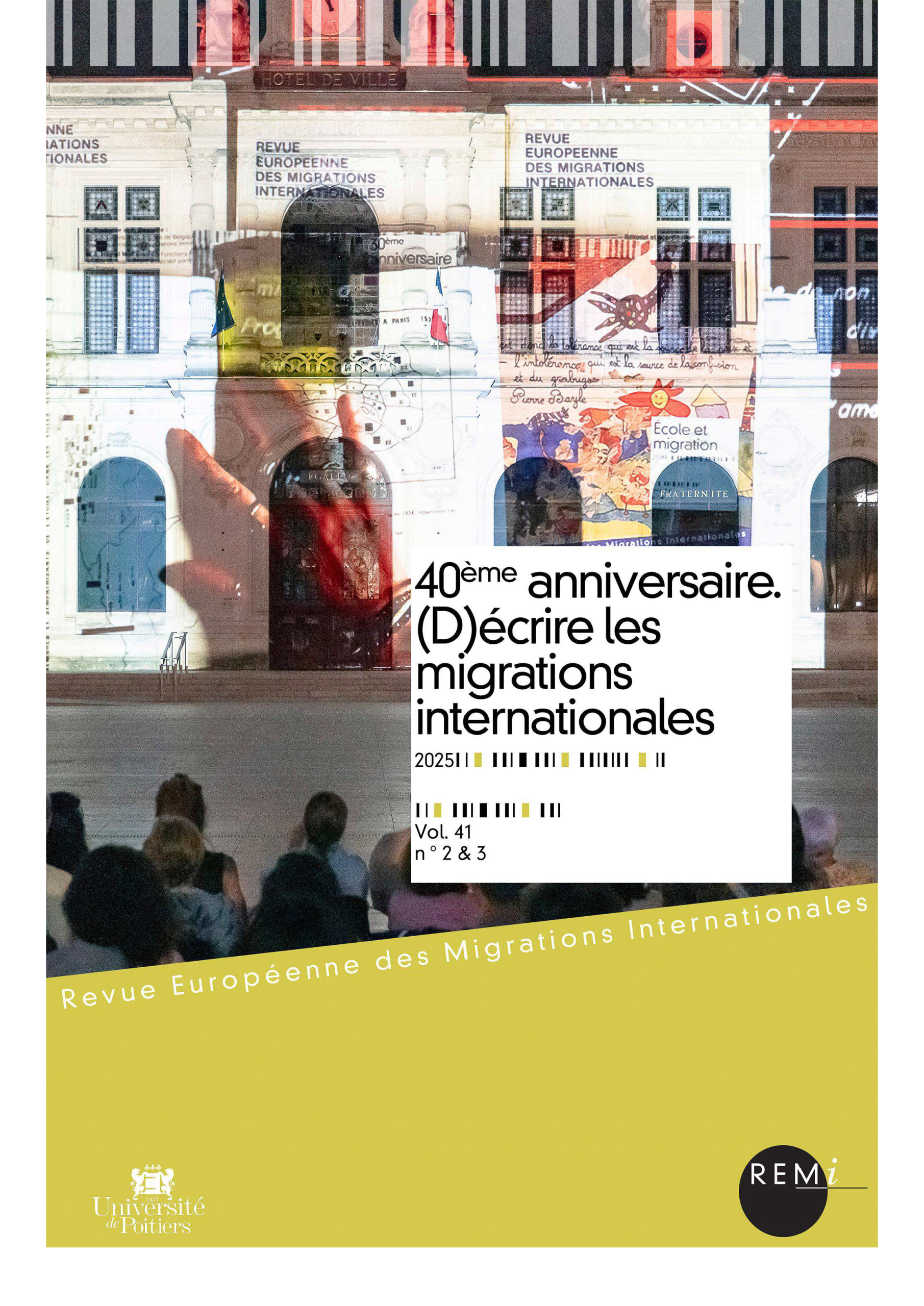Article by Léna Haziza: «Rester, partir, circuler? La fabrique de l'absence et du «rester»: entre désirs individuels, solidarité familiale et transnationalisme» (Communications magazine)

Léna Haziza, Rester, partir, circuler? La fabrique de l'absence et du «rester«: entre désirs individuels, solidarité familiale et transnationalisme», Communications, No. 117, November 2025, pp. 147-162. https://doi.org/10.3917/commu.117.0147.
Article summary:
Staying, leaving, moving around? The making of absence and «staying»: between individual desires, family solidarity and transnationalism
Focusing in particular on non-migrant Algerian women who experience the daily absence of their families, who have gone to live abroad, this article sheds light on the interdependence between the mobility of those absent in a migratory context and that of the women who remain. How do those who are absent help to determine the spatial and social trajectories of those who stay behind? How are the dynamics of leaving, staying and moving interwoven between individual desires, family solidarity and the transnational nature of the family?
Presentation of the issue :
This issue looks at the condition of the absent, as it relates to the notion of the non-person, in order to understand the challenges posed by phenomena such as forms of social marginalisation and exclusion, the relationship with death, loss and bereavement, and the responses to them.
Based on an interdisciplinary and cumulative perspective, it focuses on the actors, both those who produce or experience the absence of others, and those whose condition or status as absent defines their existence. Why and how does one become absent? In what ways are individuals gradually rendered absent, while continuing to exist, maintaining a presence in other ways, whether outside or, on the contrary, within the framework of a physical co-presence? What are the practices behind this permanence? How are this condition and status socially produced, and what effects do they have on people, both those they designate and those around them?
Building on existing work on absence, the contributions brought together here detach themselves from this notion to reflect precisely, in the light of empirical material, on the way in which, depending on specific social contexts, individuals become absent, reintegrating both the processual and relational dimensions of the production of this extremely heterogeneous condition. The aim is to understand how this status weighs on specific categories of people, transformed into non-persons and/or perceived as such, marginalised or excluded, as well as the moral, legal, religious and social positions that underpin this transformation. We will also try to grasp how such a condition constitutes or potentially consolidates forms of affiliation or disaffiliation, of belonging and of breaking away from belonging, in other words the concrete effects of this condition on all the individuals it impacts, both those directly concerned and those close to them. Ethnography allows us to better understand the definition of non-persons in different socio-historical contexts, and to question the boundary - spatial and material as well as social and temporal - between the present and the absent.
Share on
Read also


